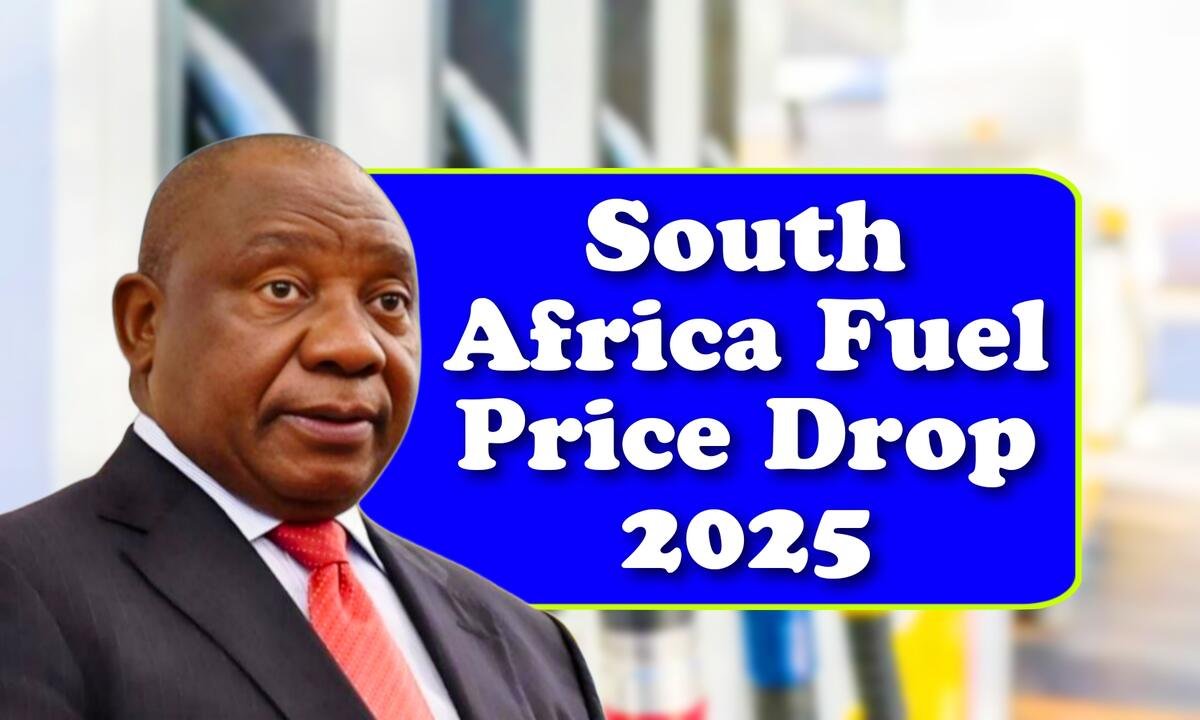South Africa Fuel Price Update 2025 : The greatest news would have to be the announcement of a price reduction of R2.75 per litre, effective from 4 October 2025, thereby applying to all fuels. This price reduction is welcome because transport and goods costs are a heavy burden on family budgets and business operations alike.
The Reason For A Giant Dropping In Fuel Oil Prices
A combination of falling global oil prices and a stronger rand has empowered the authorities to push down fuel price levels. What analysts presume is that whenever crude oil gets cheaper in the international market, and the currency gets back on its feet somehow, import costs drop as does fuel prices; hence, relief goes down into the economy alongside the pump price for South Africa.
Transporters will therefore come in for some relief, through lesser operating costs. These benefits may then be passed on to consumers as lower delivery or freight charges. For persons who do onerous daily commuting, that cent saved on fuel further stretches their budget.
What The Price Drop Means For You
If you drive, the changes at fuel filling stations will be your first observation. Yet, further down the line, you may see:
- A reduction in transportation costs for goods and possibly lower store prices
- More discretionary income with households every month
- Increased affordability for travel and leisure
- Fast track for transport and small businesses dependent on delivery
This reduction comes as a potential turning point—helping relieve inflationary pressures in sectors heavily dependent on fuel.
How South Africa Measures Up
A comparative look may see those countries’ neighbors making a jump in fuel prices. Here stands South Africa in a competitive position. Thus, after the cut, in some neighboring countries, the fuels may become more expensive than are in South Africa, giving the consumers of South Africa a bit of a win. Having distinctive price differentials may also affect cross-border transport and trade.
What To Watch Out For
While this is a big drop, yet some caveats:
- Oil prices across global markets remain volatile; the moment they change drastically, that advantage can be reversed.
- The rand fluctuates in value, hence again increasing the cost of import.
- The remaining costs might be passed on by utilities and logistics, notwithstanding fuel price drops.
- That particular cut, sight unseen, does not eliminate all pressures households face with other expenses still rising.
Also Read: SASSA R550 Grant 2025: Eligibility Rules And Monthly Payment Plan Revealed
